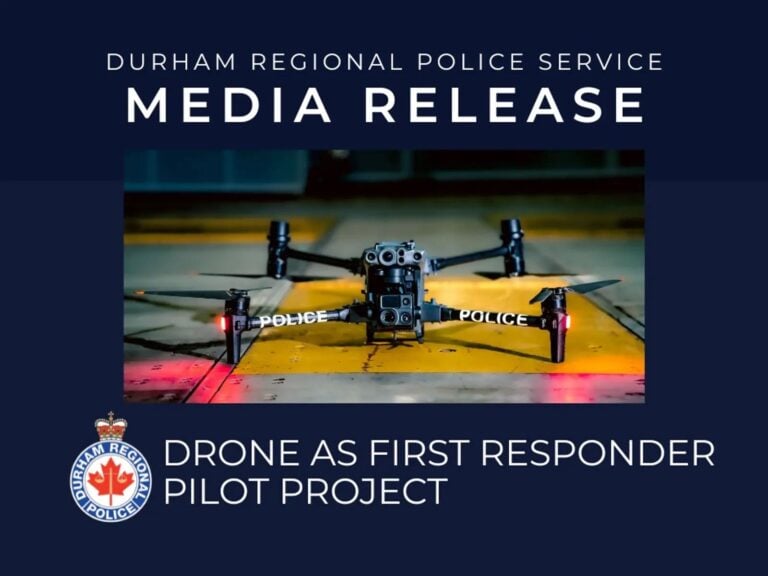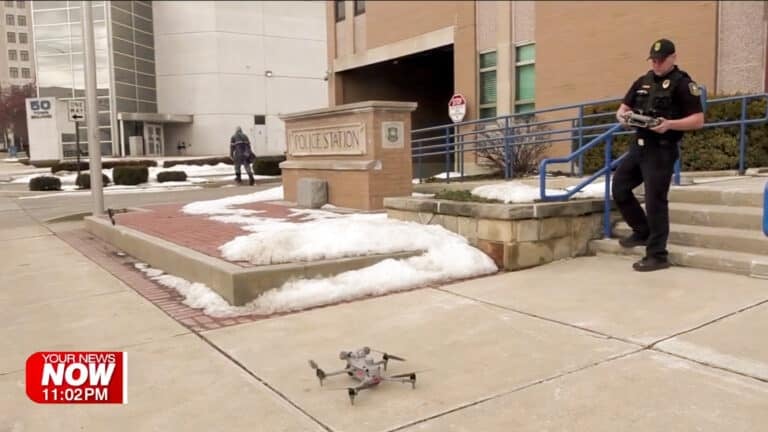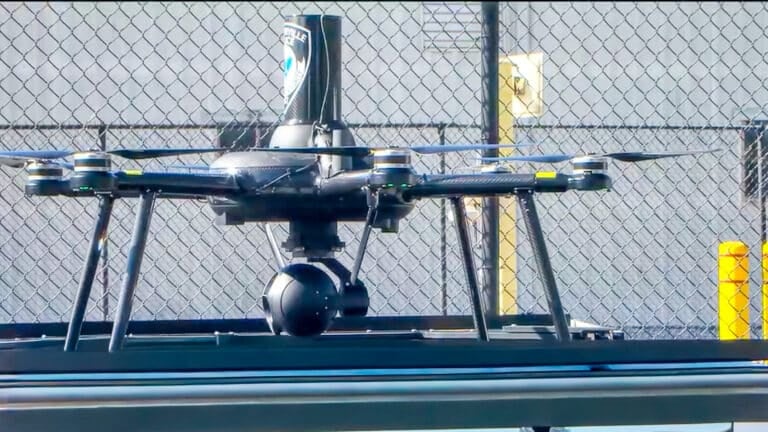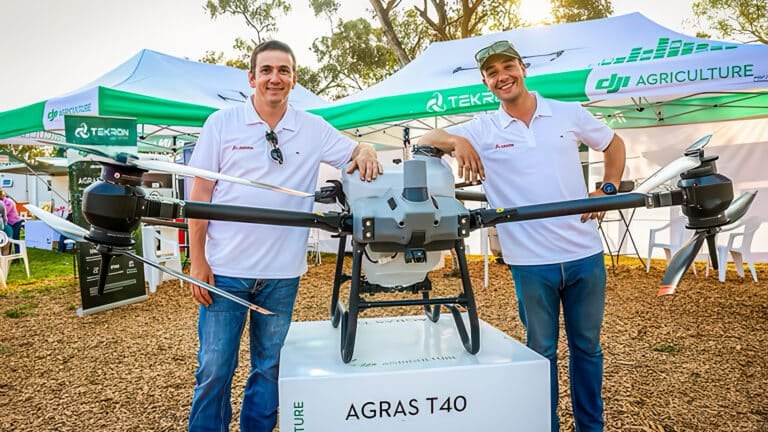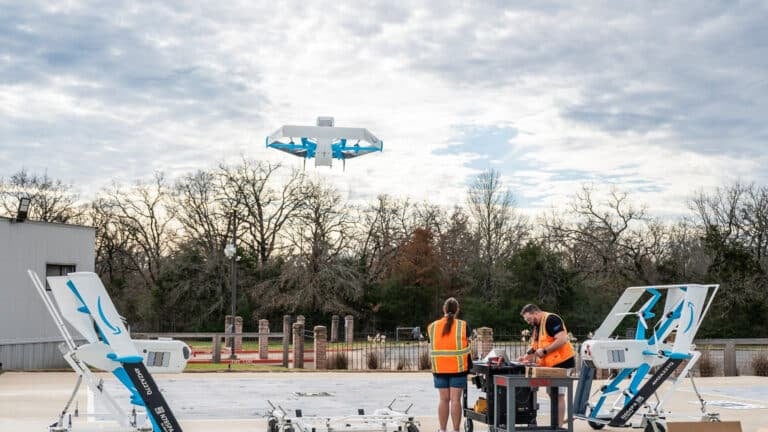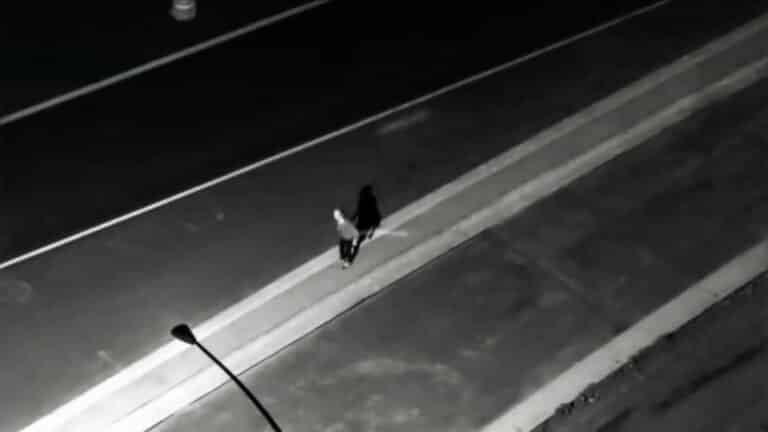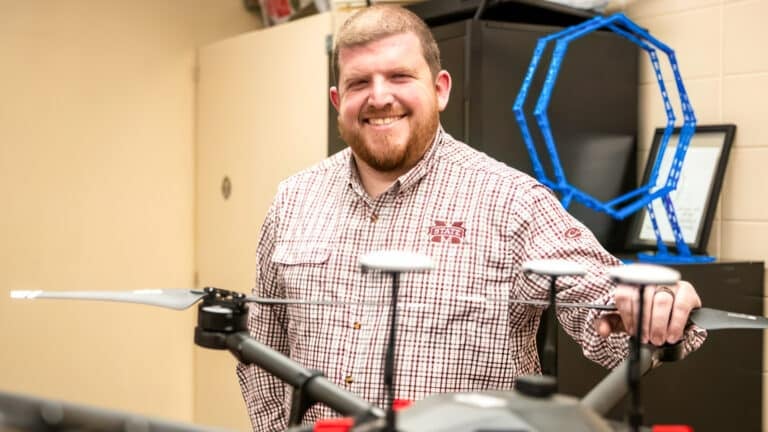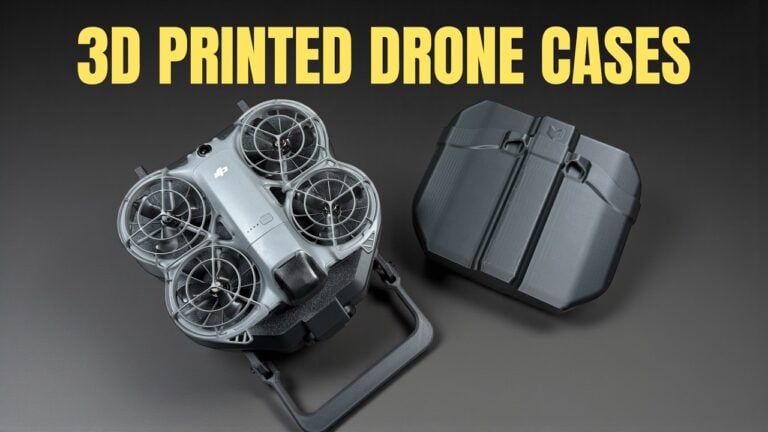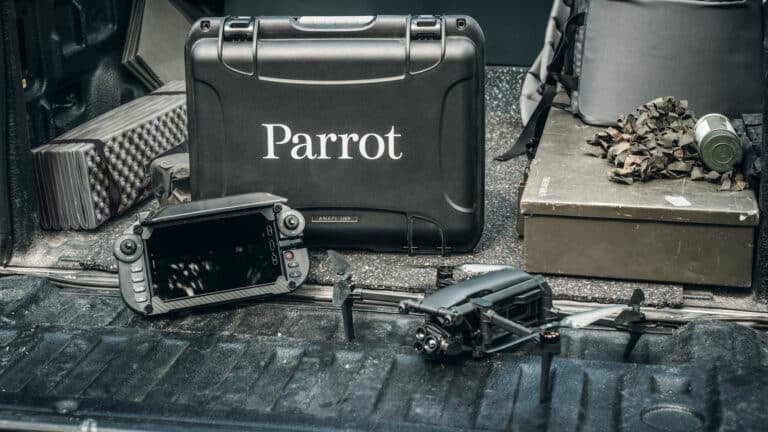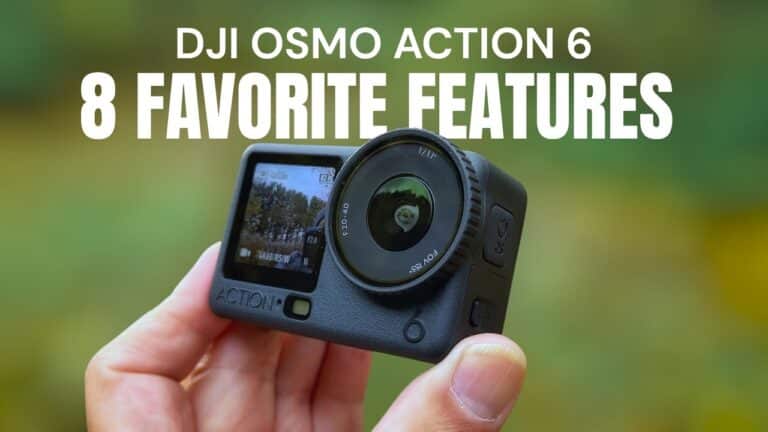Three Arrested in Latest Drone Contraband Drop at Georgia Prison as State Battles Escalating Smuggling Crisis
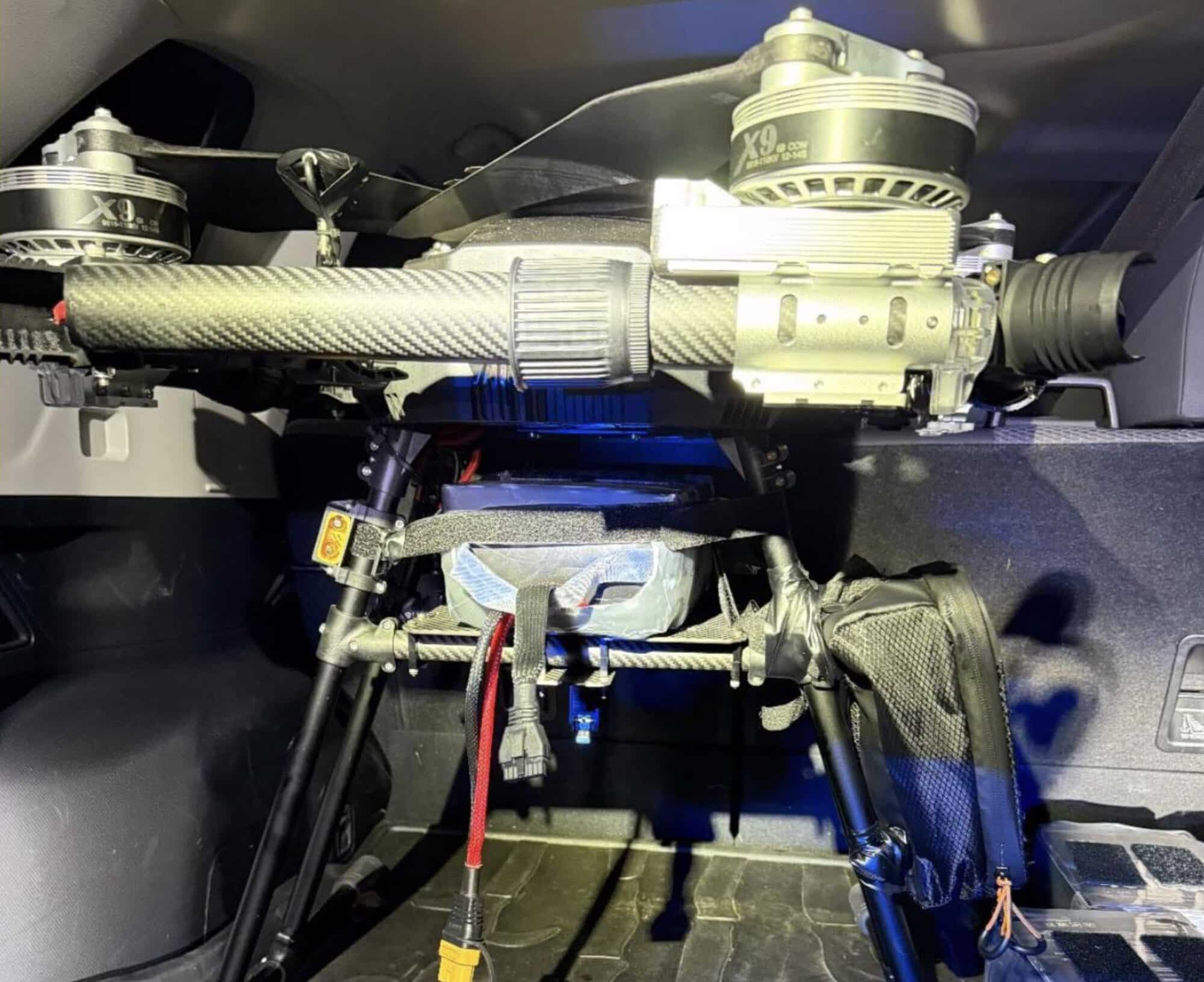
Check out the Best Deals on Amazon for DJI Drones today!
Three men from north Georgia were arrested just after midnight Saturday near Washington State Prison in Davisboro after deputies discovered drone equipment and evidence consistent with an attempted contraband drop during a traffic stop, according to the Washington County Sheriff’s Office.
The arrests mark the second major bust at the facility in just 10 days, underscoring the relentless pressure Georgia law enforcement faces as drones become the smuggling tool of choice for criminal organizations targeting state prisons.
Suspects Caught with Drone and Contraband Evidence
Deputies responded to reports of suspicious activity near the correctional facility in Davisboro around midnight Saturday. While patrolling the area, they spotted a vehicle leaving the prison vicinity and observed multiple traffic violations, according to WGXA.
After pulling the car over, deputies found a drone, drone batteries, and additional evidence “indicative of an attempted drone drop” inside the vehicle, the sheriff’s office stated in a press release.
Three suspects were arrested and charged:
- Travionne McKenzie, 30, of Dekalb
- Michael Todd, 45, of Bankhead
- Joshua McKenzie, 33, of Carrollton
All three face three counts of Trading with Inmates and three counts of Flying an Unmanned Aircraft. McKenzie also received a traffic violation charge.
Washington State Prison: Ground Zero for Georgia’s Drone Contraband Crisis
The Saturday arrests come just 10 days after four other men were arrested on October 9 following traffic stops near the same prison. In that case, deputies seized marijuana, cellphones, a handgun, and a large drone.
Washington County has become ground zero for Georgia’s drone smuggling epidemic. Sheriff Joel Cochran reported that his deputies stopped 21 attempted drone contraband drops at Washington State Prison in 2024 alone, resulting in 43 to 45 arrests.
The pace has accelerated in 2025. In just the first three months of this year, the sheriff’s office intercepted five drone drops and made 11 related arrests, according to WGXA’s ongoing investigation into the issue.
Statewide, the Georgia Department of Corrections (GDC) has recorded over 1,000 “drone incidents” at or near state prisons since 2022, ranging from sightings to actual contraband drops and related arrests.
Sophisticated Operations Fuel Multi-Million Dollar Contraband Trade
Modern consumer drones have revolutionized prison smuggling, allowing operators to bypass traditional security measures like walls and fences with relative ease.
“They got more functions, and the technology is so much better than when they started out,” Sheriff Cochran told WGXA. “It’s easier, I think, for them to use drones than maybe go back to the older way of having to get the contraband into these facilities.”
The GDC says intelligence shows that gang and cartel members control a “multi-million dollar contraband trade” within its facilities using drones. From January 1, 2023, to December 31, 2024, the GDC reported 774 drone sightings at or near state prisons, with 720 directly related to contraband.
In 2024 alone, the GDC recovered drugs including tobacco, marijuana, and methamphetamine, weapons such as guns and knives, and thousands of cellphones from drone incidents—leading to over 540 felony arrests across the state.
FCC Policy Shift Offers New Tools to Combat Drone Smuggling
The timing of these latest arrests coincides with a major federal policy change that could give Georgia and other states powerful new tools to fight drone contraband.
On September 30, 2025, the Federal Communications Commission (FCC) voted unanimously to explore allowing state and local prisons to use cellphone jamming technology for the first time—a capability previously restricted to federal facilities.
The proposal comes after years of lobbying by state officials, including Georgia Attorney General Chris Carr, who has argued that contraband cellphones enable inmates to coordinate murders, drug trafficking, and gang activity from behind bars. Georgia officials say jamming cellphone signals would reduce drone drops by limiting the distance from which operators can control their aircraft.
“When you are using cellphone data to operate a drone, you can use them from longer distances,” Deputy Attorney General John Fowler explained to WGXA. “By being able to limit that distance, we can limit the number of drones that are coming in.”
The FCC’s proposed rulemaking, which is currently in the public comment phase, would authorize “targeted jamming solutions” designed to block contraband devices without interfering with legitimate communications by guards, staff, or nearby residents. If approved, corrections departments could begin deploying jamming technology as early as 2026.
DroneXL’s Take
Washington State Prison has become the clearest example of why drone policy matters beyond hobbyists and commercial operators. Two major busts in 10 days. Over 20 interdictions last year alone. More than 1,000 statewide incidents since 2022. This isn’t a theoretical problem—it’s a full-blown crisis that’s overwhelming local law enforcement.
We’ve covered Georgia’s drone contraband issue extensively, from the massive Operation Skyhawk RICO case involving a drone shop owner to repeated busts at facilities across the state. What’s striking about Washington County is the sheer persistence: deputies are playing whack-a-mole against an apparently endless supply of would-be smugglers willing to risk felony charges for a few thousand dollars in contraband delivery fees.
The FCC’s move toward allowing cellphone jamming represents the first serious federal acknowledgment that existing tools aren’t working. But it also raises legitimate concerns. Will “targeted” jamming actually stay targeted, or will it create dead zones for law-abiding citizens living near prisons? Will it interfere with 911 calls during emergencies? These questions need answers before jammers go live.
Meanwhile, the underlying reality remains: consumer drones have fundamentally changed prison security. A $1,000 DJI drone can carry several pounds of contraband over walls from miles away, operated by someone with minimal training. No amount of fencing or guards can stop that. Technology created this problem, and technology—whether jamming, geofencing, or counter-drone systems—will have to solve it.
For responsible drone pilots, stories like this reinforce why following the rules matters. Every smuggling bust feeds the narrative that drones are criminal tools, making it harder for legitimate operators to do their work without excessive restrictions. The people trying to drop contraband into Washington State Prison aren’t thinking about the broader drone community. But their actions affect all of us.
What do you think? Share your thoughts in the comments below.
Discover more from DroneXL.co
Subscribe to get the latest posts sent to your email.
Check out our Classic Line of T-Shirts, Polos, Hoodies and more in our new store today!

MAKE YOUR VOICE HEARD
Proposed legislation threatens your ability to use drones for fun, work, and safety. The Drone Advocacy Alliance is fighting to ensure your voice is heard in these critical policy discussions.Join us and tell your elected officials to protect your right to fly.
Get your Part 107 Certificate
Pass the Part 107 test and take to the skies with the Pilot Institute. We have helped thousands of people become airplane and commercial drone pilots. Our courses are designed by industry experts to help you pass FAA tests and achieve your dreams.

Copyright © DroneXL.co 2026. All rights reserved. The content, images, and intellectual property on this website are protected by copyright law. Reproduction or distribution of any material without prior written permission from DroneXL.co is strictly prohibited. For permissions and inquiries, please contact us first. DroneXL.co is a proud partner of the Drone Advocacy Alliance. Be sure to check out DroneXL's sister site, EVXL.co, for all the latest news on electric vehicles.
FTC: DroneXL.co is an Amazon Associate and uses affiliate links that can generate income from qualifying purchases. We do not sell, share, rent out, or spam your email.




